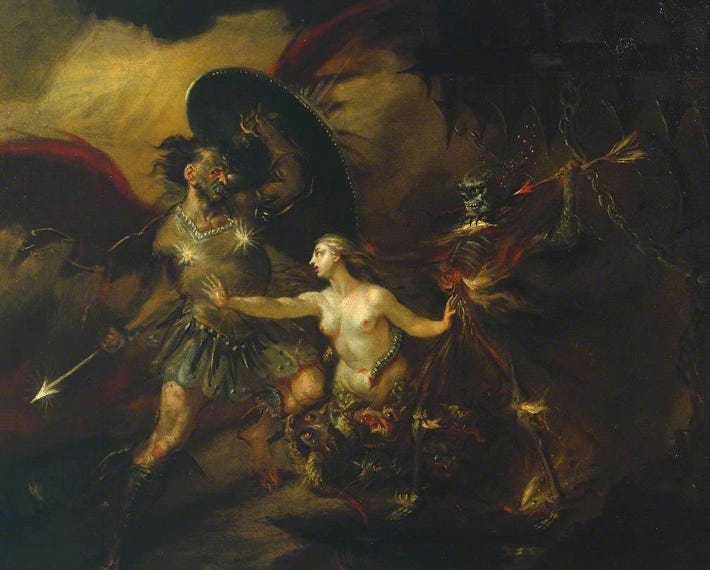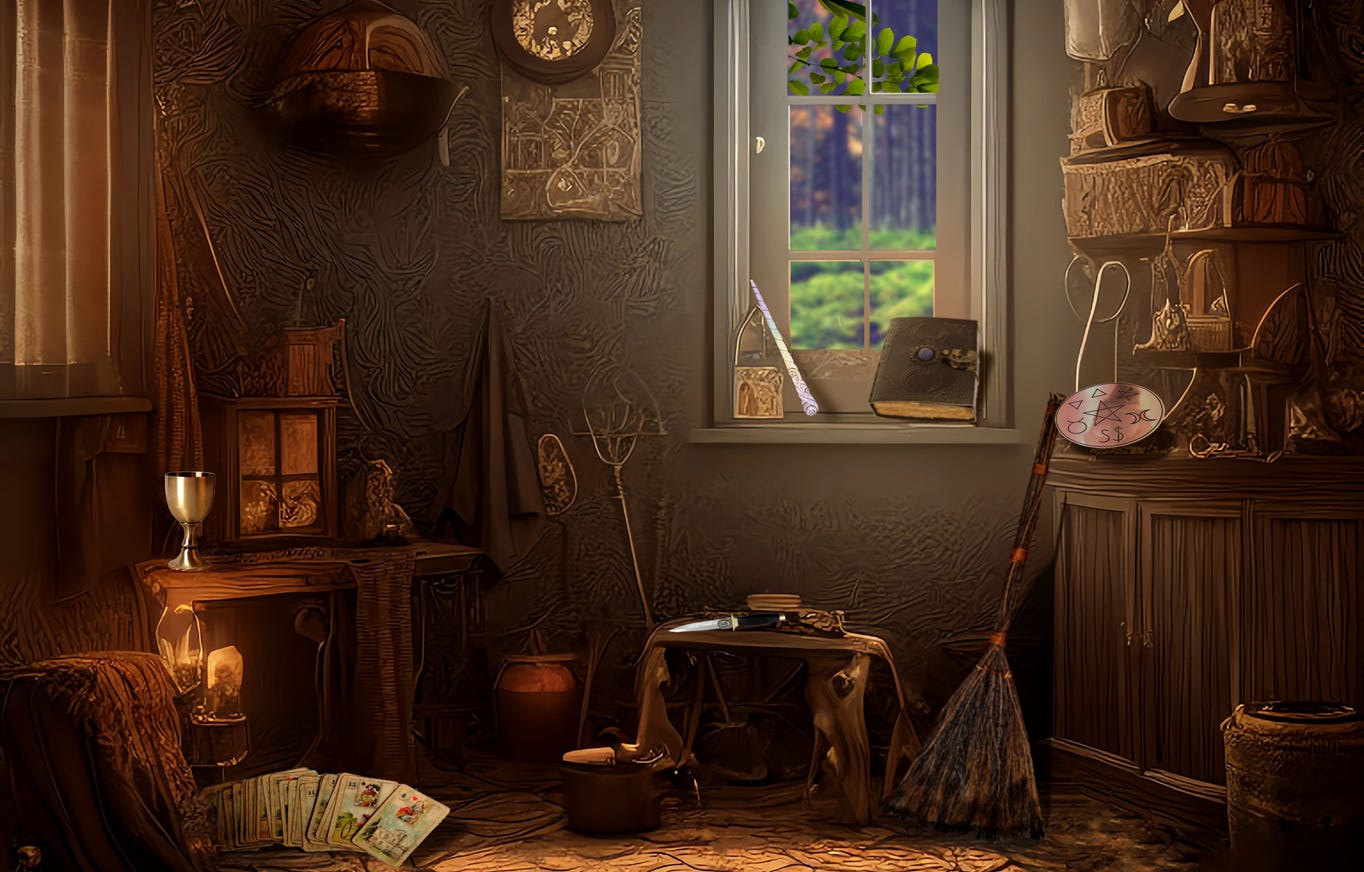04/28/2025
Dante once wrote, “The mind is its own place and in itself can make a Heaven of Hell, a Hell of Heaven.” Though often attributed to Milton's Paradise Lost, the sentiment reflects an enduring philosophical idea: heaven and hell are states of consciousness, not merely locations. This challenges the traditional religious paradigm, where binary realms of reward and punishment were constructed by religious authorities to enforce moral conformity and obedience.
This dualistic system—heaven as eternal bliss, hell as endless torment—has, for centuries, suppressed dissent and labeled intellectual or moral deviation as heresy. In this sense, it operates like the totalitarian thought policing of Orwell’s 1984, where even private contemplation becomes criminal. The idea of a “thought crime” becomes eerily analogous to theological transgression.
At this point, you might expect reassurance—that reality is somehow more comforting than religious dogma. In truth, it may be more unsettling. The universe, as we observe it through the lens of modern physics, operates not on morality but on binaries of a different sort: order and chaos, existence and nonexistence.
Physicists have shown that the universe is in a constant state of expansion, an ever-unfolding drama of creation and destruction. Supernovae obliterate stars, scattering stardust that may eventually coalesce into new planets—and possibly, new life. This cycle is neither good nor evil; it simply is. Energy, after all, does not carry moral attributes.
From this perspective, the true binary of the universe is not heaven versus hell, but being versus non-being. On or off. Zero or one. This echoes the deterministic foundations of information theory and quantum mechanics. Existence, as matter and energy, eventually decays, giving way to entropy—a process described by the Second Law of Thermodynamics, which states that all systems move from order to disorder unless energy is applied to sustain structure.
Religions throughout history have captured this inevitability in poetic terms—“dust to dust.” Every living thing returns to the Earth, its elements recycled. We are born, we exist, and eventually we cease to exist. Despite centuries of striving, humanity has not found a way to escape this truth.
So what, then, of divine order? Of moral law? Must we discard the notion of higher meaning entirely?
C.S. Lewis, in Mere Christianity, posits that the presence of a universal moral sense among humans—a shared understanding of right and wrong—points toward a moral lawgiver, what he calls God. His argument suggests that morality is not a social construct, but a reflection of a deeper, perhaps divine, structure to the universe.
Still, the divine has been reinterpreted endlessly. Each religion offers a different narrative, shaped by culture, language, and time. Are you Muslim? Christian? Wiccan? Something else entirely? Each faith seeks to answer the same question in its own way. To truly engage with these questions, we must momentarily suspend belief and ask: What if all these stories are simply metaphors, clumsy attempts to explain the inexplicable?
In the daily struggle to maintain order in our lives—to be “good”—we are perhaps resisting entropy, not evil. Our darker thoughts may be less about moral failure and more about the natural mental turbulence of conscious beings navigating chaos.
Some give in to the chaos. Others fight. Some are forgiven; others are not. Some create meaning, and others succumb to meaninglessness.
What are the odds that random atoms coalesce into life, into consciousness, into a species capable of morality? Are we truly accidental? Or does the very presence of a moral compass indicate something greater—something intentional?
In creating heaven and hell, perhaps humanity wasn’t describing reality but constructing a map—an intuitive guide to navigate the abstract terrain of right and wrong, being and non-being. Maybe these concepts serve not to reveal divine judgment, but to externalize our deepest hopes and fears.
Ultimately, the question remains:
Is there divine justice? Or is there simply existence for those who choose order—and nonexistence for those who choose chaos?

